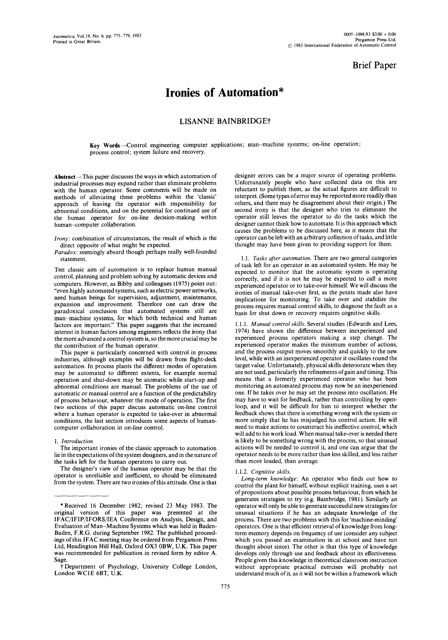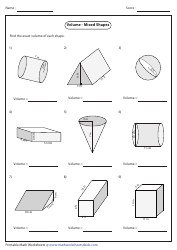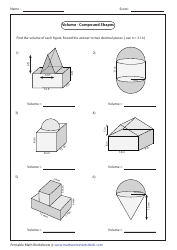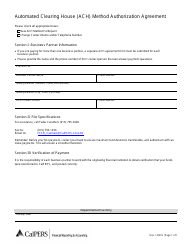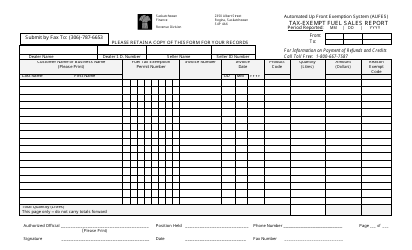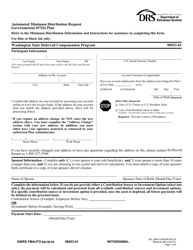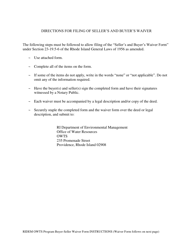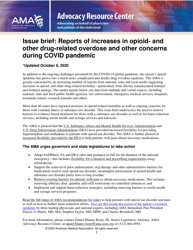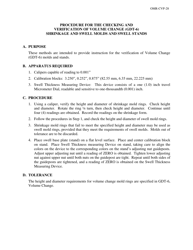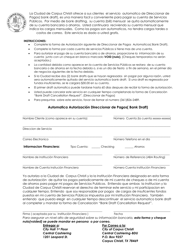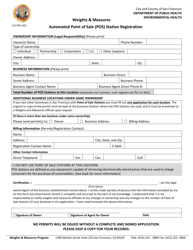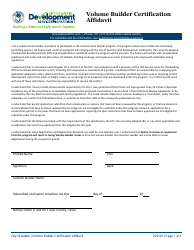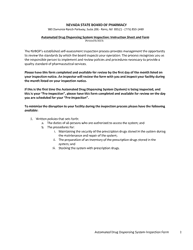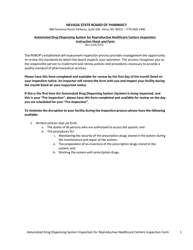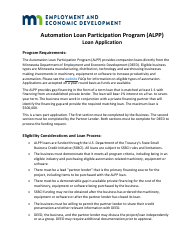Ironies of Automation - Lisanne Bainbridge, Automatica Volume 19, Issue 6
"Ironies of Automation" is a research article written by Lisanne Bainbridge and published in the Automatica journal. This article discusses the unexpected challenges and drawbacks that can arise when automated systems are used in various industries and contexts. The purpose of the article is to shed light on the ironic aspects and limitations of automation, emphasizing the importance of human involvement and considering the potential risks associated with over-reliance on automated processes.
Lisanne Bainbridge is the author of the article titled "The Ironies of Automation". It was published in the journal Automatica, in Volume 19, Issue 6.
FAQ
Q: What is the Ironies of Automation?
A: The Ironies of Automation is a concept proposed by Lisanne Bainbridge in her paper titled 'Ironies of Automation'. It refers to the unexpected consequences or problems that can arise when humans rely heavily on automated systems.
Q: Who is Lisanne Bainbridge?
A: Lisanne Bainbridge is the author of the paper 'Ironies of Automation'. She is a renowned researcher in the field of human-computer interaction and has made significant contributions to the understanding of automation and its impact on human operators.
Q: Can you provide an overview of the paper 'Ironies of Automation' by Lisanne Bainbridge?
A: The paper 'Ironies of Automation' by Lisanne Bainbridge discusses the potential drawbacks and issues associated with relying heavily on automated systems. It explores the irony of how automation, which is intended to make tasks easier and more efficient, can sometimes lead to unintended consequences, such as reduced human skills, complacency, and increased workload during critical situations.
Q: What are some examples of the 'Ironies of Automation' discussed in the paper?
A: The paper discusses various examples of the ironies of automation. For instance, one irony is that as machines take over tasks, human operators may lose their skills or become complacent, which can make them less effective when they are required to take over in an emergency. Another example is the possible increase in workload for operators during critical situations, as they have to continuously monitor and supervise the automated systems to ensure they are functioning correctly.
Q: What are the implications of the 'Ironies of Automation' in the real world?
A: The implications of the 'Ironies of Automation' in the real world are that while automation can bring numerous benefits, such as increased efficiency and reduced human error, there are also potential downsides. Understanding and mitigating these ironies is crucial to ensure that automation is effectively integrated into systems and does not compromise safety or human performance.
Q: Are there any solutions proposed in the paper to address the 'Ironies of Automation'?
A: Yes, the paper suggests several solutions to address the 'Ironies of Automation.' These include improving the design of automated systems to provide better feedback to human operators, maintaining operator skills through training and periodic practice, and considering the principles of human-centered automation to ensure that automation complements human capabilities instead of replacing them entirely.
Q: Is the paper 'Ironies of Automation' widely recognized in the field of human-computer interaction?
A: Yes, the paper 'Ironies of Automation' by Lisanne Bainbridge is widely recognized and cited in the field of human-computer interaction. It has been influential in shaping our understanding of the challenges and complexities involved in designing and implementing automation systems effectively.
